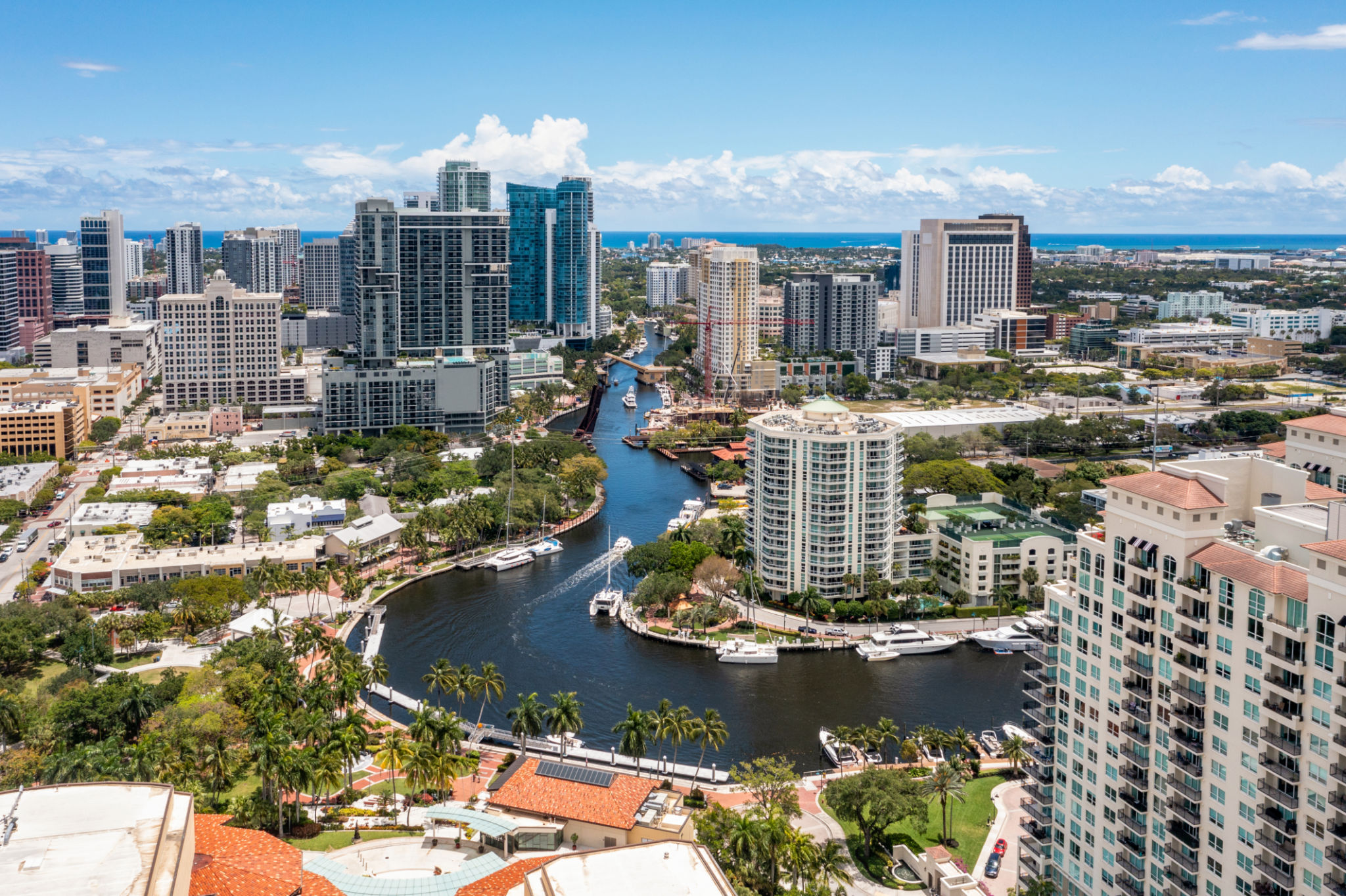Fort Lauderdale Commercial Real Estate: Navigating Zoning Laws and Regulations
Understanding Zoning Laws in Fort Lauderdale
Fort Lauderdale, a bustling hub of opportunity in South Florida, offers a wide array of commercial real estate prospects. However, navigating the intricate web of zoning laws and regulations is crucial for any investor or developer looking to capitalize on this vibrant market. Understanding these laws not only ensures compliance but also aids in maximizing the potential of your property.
Zoning laws in Fort Lauderdale are designed to regulate land use and promote orderly development. These laws dictate what can be built where, influencing everything from building size to the types of businesses that can operate in specific areas. For newcomers, this can seem overwhelming, but a solid grasp of these regulations is essential to avoid costly mistakes.

Types of Zoning Categories
Fort Lauderdale's zoning regulations are divided into several categories, each with distinct rules and guidelines. The primary zoning categories include:
- Residential: Areas designated for housing, with restrictions on commercial activities.
- Commercial: Zones that permit retail stores, offices, and other business activities.
- Industrial: Areas reserved for manufacturing and related industries.
- Mixed-Use: Zones that allow a combination of residential, commercial, and sometimes industrial uses.
Understanding which category your property falls into is the first step towards compliance and efficient planning. Each category has its own specific set of rules that must be adhered to, ensuring the area maintains its intended purpose and character.
The Role of the City Planning Department
The Fort Lauderdale City Planning Department plays a pivotal role in managing zoning laws and regulations. It is responsible for developing comprehensive plans that guide future growth and development within the city. Engaging with this department early in your planning process can provide valuable insights and assistance.

Whether you're seeking a zoning change or need clarification on existing regulations, the City Planning Department can offer guidance. They provide resources such as zoning maps and detailed explanations of local ordinances, assisting property owners and developers in aligning their projects with city goals.
Navigating Permits and Approvals
Securing the necessary permits and approvals is a crucial step in any commercial real estate project. In Fort Lauderdale, this often involves multiple steps, including submitting detailed plans and undergoing various inspections. The process can be time-consuming, so it’s wise to account for these timelines in your project schedule.
Collaboration with experienced zoning attorneys or consultants who specialize in Fort Lauderdale's commercial real estate market can be invaluable. These professionals can help streamline the permitting process, ensuring that your project moves forward smoothly while adhering to local regulations.

Staying Informed About Regulatory Changes
Zoning laws are not static; they evolve to meet the changing needs of the city and its residents. Staying informed about these changes is crucial for anyone involved in commercial real estate. Regularly reviewing updates from the City Planning Department and attending public meetings can provide insights into upcoming changes that might affect your property.
In conclusion, while navigating Fort Lauderdale's zoning laws can be daunting, it is an essential part of successful commercial real estate development. By understanding zoning categories, engaging with the City Planning Department, obtaining necessary permits, and staying informed about regulatory changes, you can position your project for success in this dynamic market.
